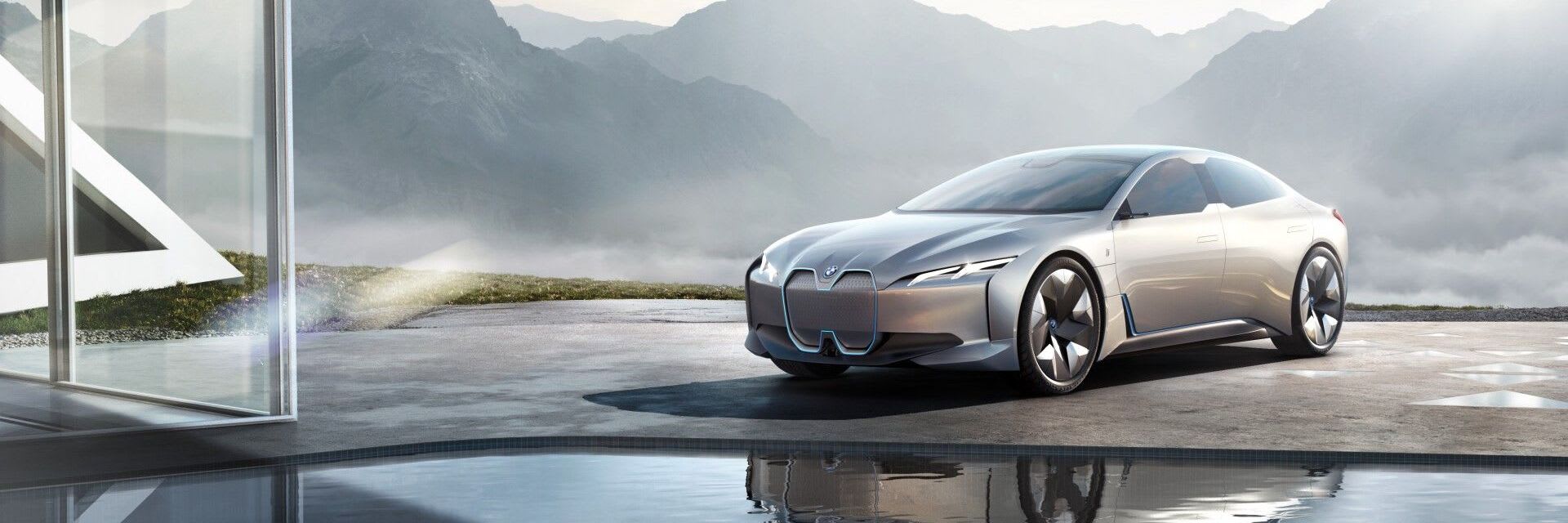Revving Up the Engine: Car Sales Gain Momentum as Hybrids Dominate in Europe
The European automotive market is experiencing a surge in demand, with car sales recording a significant increase in February 2024. According to data from the European Automobile Manufacturers' Association (ACEA), new passenger car registrations jumped by 11.3% compared to the same month last year, reaching over 950,000 units.

Hybrids Lead the Pack
Hybrid vehicles, combining both gasoline and electric power, emerged as the dominant force in February, accounting for 40.9% of all new car sales in Europe. This represents a remarkable increase of 15.9% compared to the previous year. The growing popularity of hybrids is driven by their ability to offer both fuel efficiency and reduced emissions, making them an attractive option for eco-conscious consumers.

Gasoline and Diesel Lag Behind
While hybrids continue to gain ground, gasoline-powered cars witnessed a modest decline in market share, dropping to 35.3% in February 2024. However, diesel vehicles experienced a more significant loss, with their share plummeting to 20.6% from 23.7% in the same month last year. This trend reflects the increasing shift towards more environmentally friendly alternatives.
Electric Vehicle Sales Continue to Rise
Electric vehicles (EVs), powered solely by electricity, also saw a steady increase in sales, albeit at a slower pace than hybrids. In February, EVs accounted for 13.2% of new car registrations, up from 9.1% in February 2023. The growth of EVs is being fueled by government incentives and improvements in battery technology, making them more accessible and appealing to consumers.

Country-Specific Trends
The increase in car sales in February 2024 was not uniform across Europe. Germany, the region's largest automotive market, posted a solid 12.9% growth, with hybrids accounting for more than half of all new registrations. France also experienced a strong rebound, with sales jumping by 10.6% and hybrids dominating with a market share of 45.2%.
In contrast, the United Kingdom saw a modest 3.3% increase in car sales, with hybrids claiming a slightly smaller market share of 36.7%. Italy, on the other hand, recorded a disappointing decline of 1.7%, with hybrids remaining popular but unable to fully compensate for the loss of gasoline and diesel sales.
Economic Impact and Outlook
The surge in car sales in February 2024 is a positive sign for the European automotive industry, which has been facing challenges in recent years due to the COVID-19 pandemic and supply chain disruptions. The rebound in demand is expected to boost economic growth and create new jobs in the sector.
However, industry experts caution that the positive trend may face headwinds in the coming months due to rising inflation and the ongoing war in Ukraine, which could affect consumer confidence and disrupt supply chains.
Sustainable Mobility Agenda
The growing dominance of hybrids and the steady rise of EVs in Europe reflect the region's commitment to a more sustainable mobility agenda. Governments are implementing stricter emission regulations and promoting the adoption of zero-emission vehicles to reduce carbon emissions and improve air quality.
Despite the positive trajectory, the European automotive industry faces several challenges. These include the ongoing transition to electric vehicles, which requires significant investments in infrastructure and battery technology. Additionally, the industry must adapt to changing consumer preferences and embrace digitalization and connectivity technologies.
However, these challenges also present opportunities for innovation and growth. By embracing emerging technologies and developing cutting-edge products, European automakers can remain competitive in the global marketplace and contribute to a more sustainable future for mobility.
The surge in car sales in February 2024, coupled with the increasing popularity of hybrids and EVs, signals a positive outlook for the European automotive industry. As the sector adapts to the challenges and opportunities of the future, it has the potential to drive economic growth, reduce emissions, and deliver sustainable mobility solutions for generations to come.
